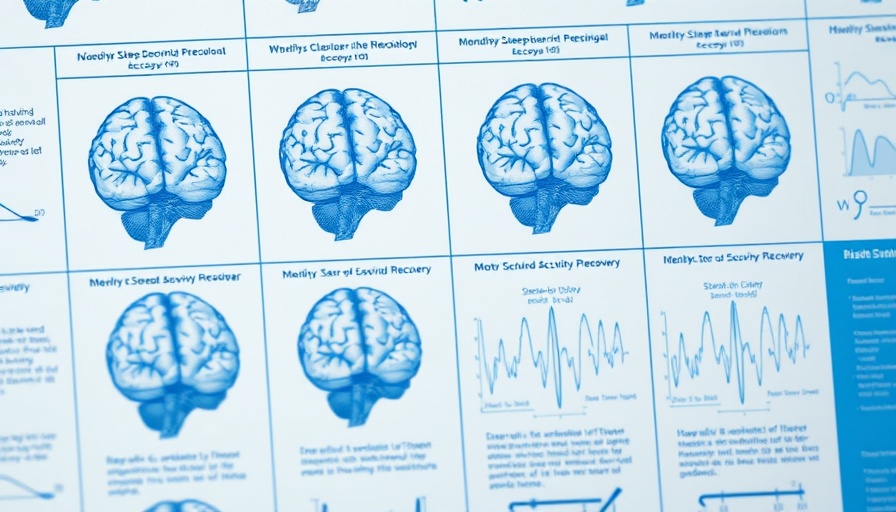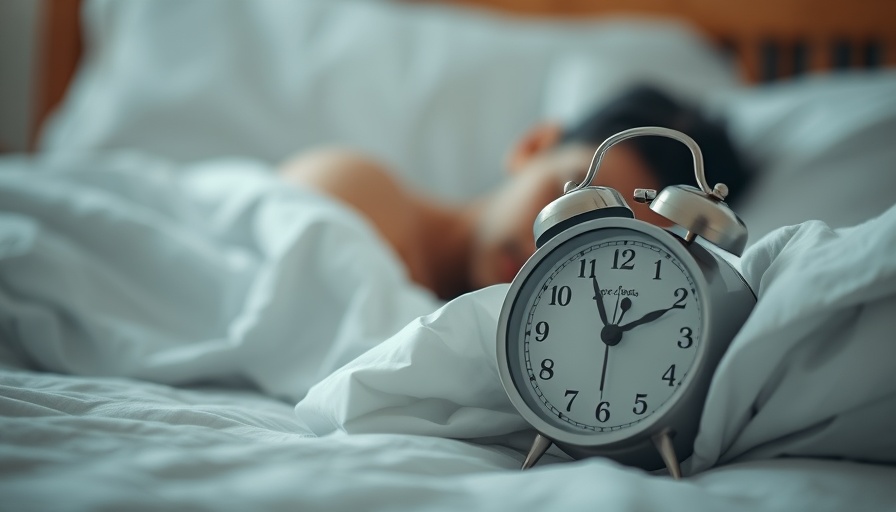
Understanding the Links Between Insomnia, Anxiety, and Depression
Insomnia, anxiety, and depression are three of the most prevalent mental health disorders affecting millions of people worldwide. Recent research from the Netherlands Institute for Neuroscience has shed light on the interconnectedness of these conditions, underscoring the need for fresh approaches to treatment to break the cycle of recurring symptoms.
Shared Characteristics of Mental Health Disorders
In their study, which analyzed brain scans from over 40,000 individuals in the UK Biobank, researchers Siemon de Lange, Elleke Tissink, and Eus van Someren examined the brain structure and connectivity in those experiencing these disorders. This approach differs from traditional perspectives that often focus on genetic factors. Tissink emphasizes, "We are looking at what aspects are common and what is unique to each disorder, aiming to understand the broader picture of mental health." This research highlights that while there are distinct differences between insomnia, anxiety, and depression, significant similarities exist. All three conditions exhibit reduced surface area in the cerebral cortex and weaker connectivity between critical brain regions, suggesting a collaborative impact on mental health.
Unique Attributes of Each Disorder
Despite their shared traits, the disorders also reveal unique characteristics. For example, insomnia severity relates more closely to smaller volumes in brain areas linked to reward; individuals suffering from depression showcase a thinner cerebral cortex in areas governing language and emotion. Meanwhile, anxiety is associated with less activation in the amygdala and poor connectivity among regions crucial for communication, such as those involving dopamine and histamine. Understanding these differences is crucial for developing targeted therapies that can address individual symptoms more effectively.
The Brain Circuit Linking These Disorders
Interestingly, when researchers laid out the brain regions associated with each disorder, they discovered that although these regions seemed distinct, they formed part of the same circuit: the amygdala-hippocampus-medial prefrontal cortex circuit. This fascinating insight suggests a complex interrelation exists within these mental health issues, indicating that treatment strategies might benefit from addressing them collectively rather than in isolation.
Current Implications for Treatment
Currently, treatments for insomnia, anxiety, and depression vary, and many are merely moderately effective. This research opens avenues for more integrated treatment approaches — ones that take into account the overlapping nature of these disorders. As we learn more about the shared brain mechanisms, healthcare practitioners might adopt holistic methods that treat the patient as a whole rather than merely focusing on isolated symptoms.
Steps to Improve Sleep and Refine Mental Health
For those grappling with sleep disorders while also experiencing anxiety or depression, several lifestyle changes can promote recovery. Simple practices include establishing a regular sleep schedule, creating a calming bedtime routine, reducing caffeine and screen time, and ensuring a comfortable sleep environment. Moreover, mindful practices such as yoga or meditation can be beneficial in regulating stress and anxiety levels, contributing to better overall mental health. Prioritizing sleep hygiene ultimately fosters resilience against the overlapping challenges of insomnia, anxiety, and depression.
Take Action for Better Sleep and Mental Health
Recognizing the interdependence of sleep issues and mental health can empower individuals to seek comprehensive solutions. Don’t hesitate to consult healthcare professionals about your symptoms, and explore therapy options that incorporate advancements from contemporary research. Being proactive about mental health not only leads to improved sleep but allows for enhanced overall well-being.
 Add Row
Add Row  Add
Add 




Write A Comment